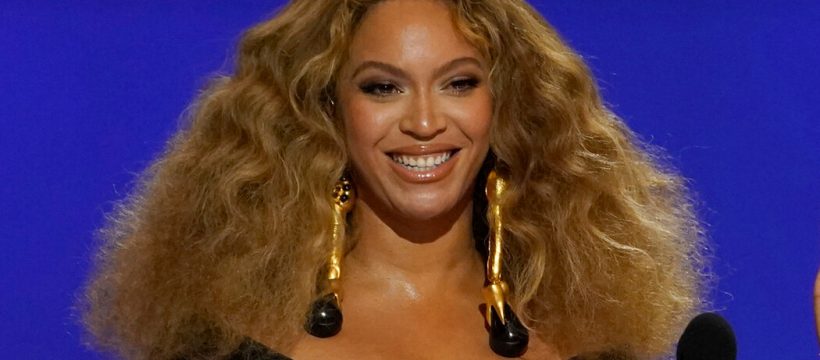With a dominant new album, “Renaissance,” and the chance to become the most awarded artist in Grammy history, all eyes are on the pop superstar ahead of Sunday’s show. What could go wrong?
Send any friend a story
As a subscriber, you have 10 gift articles to give each month. Anyone can read what you share.
By Ben Sisario and Joe Coscarelli
Beyoncé enters the 65th annual Grammy Awards on Sunday in rarefied air — a pop deity festooned with trophies, supported by one of the music world’s most ardent fan bases and on the precipice of Grammy immortality. So why does she also feel like an underdog?
Already the winningest woman in Grammy history, with 28 victories, Beyoncé has a field-leading nine nominations this year. She is tied with her husband, Jay-Z, for the most nods collected by any artist, with 88.
In what could make for dramatic television, Beyoncé needs just three more Grammys to match — and four to beat — the record for most overall wins, a position currently held by the conductor Georg Solti, who died in 1997. And for the third time in her career, Beyoncé, 41, is nominated in all three top categories — record, song and album of the year — raising the possibility that her crowning moment could come at the climax of a show that in recent years has struggled to find an audience and generate positive headlines.
And yet.
While many Grammy watchers believe Beyoncé will enter from a position of strength, with “Renaissance,” her dance-infused album, garnering both commercial and critical success, the singer’s coronation is far from assured, thanks to her own complicated history with the awards. Despite Beyoncé’s oodles of wins, she is just 1 for 13 in the major, all-genre categories for releases on which she was a lead artist.
As the ceremony approaches — with stars like Adele, Harry Styles, Lizzo, Kendrick Lamar and Bad Bunny also in contention for the premier prizes — the key question for fans and industry insiders isn’t how big she will win, but rather: What if she loses, again?
This year more than most, public perception of the Grammys’ relevance may come down to the fate of a single artist. A prominent win for Beyoncé could be seen as an overdue make-good, which is something of a Grammy specialty. But a notable loss could call into question the redemption narrative that the Recording Academy, the institution behind the awards, has been carefully tending for years, as it has tried to address longstanding criticism that the show too often fails to recognize Black talent with top awards.
Source: Read Full Article



